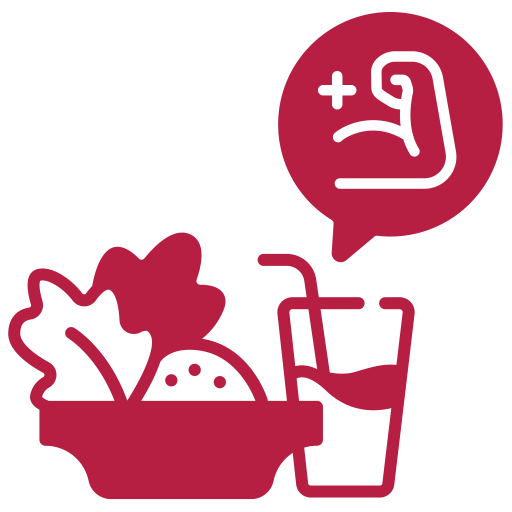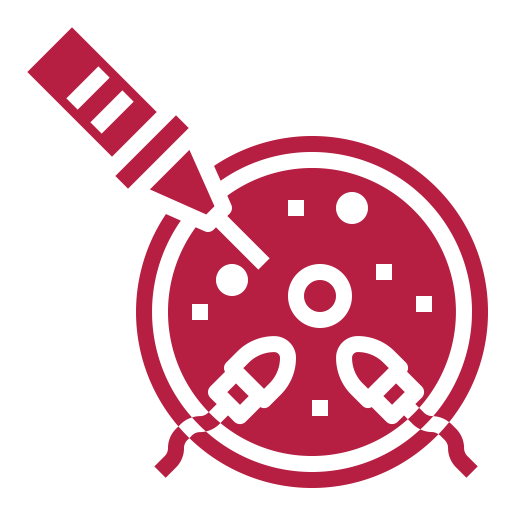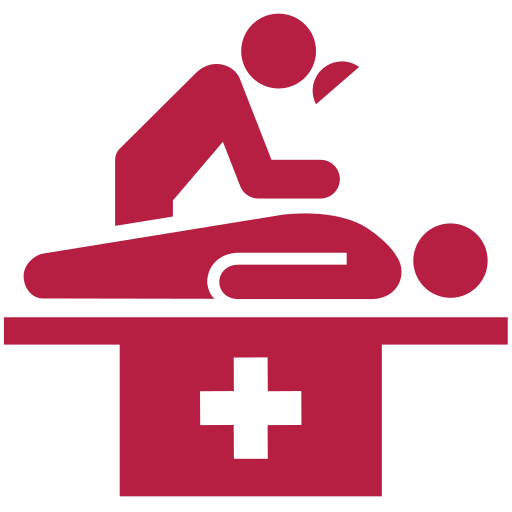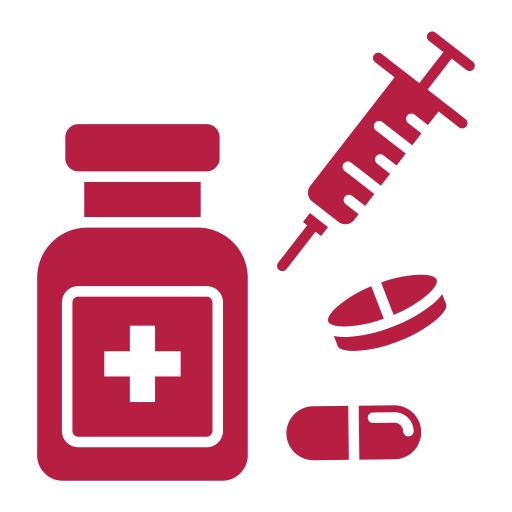Best female infertility treatment in pune
Female infertility occurs due to a problem with the woman’s reproductive system. You may need female infertility treatment at Benecare if you are not able to get pregnant after one year of trying or six months if your age is 35 years or older. Infertility in women can be attributed to hormonal imbalances, age, lifestyle factors, and issues related to ovulation, uterus and fallopian tubes. Benecare offers the best female infertility treatment in Pune, providing unrivaled and individualized care with specialized guidance and counseling before, during, and after clinical treatment.
Infertility is often linked with men’s issues; however, infertility can affect anyone and is more common than you think. Before getting down to the nitty-gritty of infertility treatment, analyzing the causes, symptoms, and treatment options becomes pivotal.
Highly experienced specialists
Modern Infrastructure
MOdern High-tech Equipment
Advanced NICU Availability
Personalized Care
NO-cost EMI Available
Causes of Female Infertility
Causes of infertility in females can be aplenty. Healthcare specialists can determine the cause and the best treatment for you. Many infertility tests for females have shown the following causes, including:
Ovulation Disorders
Infrequent ovulation or not ovulating at all is one of the most common causes of women’s infertility, where ovaries no longer produce eggs regularly. This may be due to polycystic ovary syndrome (PCOS)-led hormone imbalances, thyroid troubles, stress and increased prolactin production (hyperprolactinemia), which can cause infertility. Identifying and dealing with these issues will help address ovulation problems and enhance the chance of conceiving.
Endometriosis
Endometriosis occurs when the tissue that normally grows in the uterus grows in other places within your pelvic abdomen or even chest. These areas of endometrial-like tissue can impact the implantation of fertilized eggs and cause scar tissue and adhesions, thereby disrupting your fertility.
Age
In the 2020s, age has become a prevalent factor impacting female fertility as women are waiting until their 30s and 40s to have children. With increasing age, the number of eggs reduces and the possibility of an embryo with abnormal chromosomes rises.
Blocked Fallopian Tubes
Issues with fallopian tubes will prevent the egg from meeting sperm. Fallopian tubes can get blocked due to Pelvic Inflammatory Disease (PID), endometriosis, or a history of uterine infection.
Polycystic Ovary Syndrome (PCOS)
Polycystic Ovary Syndrome (PCOS), one of the most common causes of women’s infertility, occurs on the back of reproductive hormonal imbalance, affecting the ovaries. PCOS can lead to irregular menstruation and is caused by high levels of androgens (often referred to as male hormones), genetics and a high level of insulin.
Symptoms of Female Infertility
If you are unable to get pregnant after one year of trying or face challenges in maintaining a pregnancy, it may be a sign of female infertility. In such cases, seeking the best female infertility treatment in Pune from BenecareIVF is advisable. There might also be instances where no symptoms are apparent. Some notable symptoms include:
Irregular or no periods
Changes in Breast size or shape
Pelvic inflammatory disease
Painful menstruation
Unpredictable vaginal discharge
Female Infertility Treatment
If getting pregnant is on your mind, you may be wondering what can make it easier to conceive. These treatments might do a world of good—after all—infertility treatment for female at Benecare has won laurels for bringing smiles to the faces of more than 125,000 couples.

Lifestyle Changes
Lifestyle choices that boost conception include regular exercise, quitting smoking, maintaining a balanced diet, stress management, limiting caffeine, and emphasizing adequate sleep.

Assisted Reproductive Technology (ART)
IVF and ICSI are the most popular forms of assisted reproductive technology to address infertility and help you get pregnant.

Surgery
In some cases, surgery may be required to rectify structural issues like blocked fallopian tubes or endometriosis.

Fertility Drugs
Fertility drugs may be sought to treat infertility caused by ovulation disorders and increase the odds of getting pregnant.
Successful IVF CASES
Successful IUI CASES
Happy Couples
Meet our Fertility Experts
Our team of fertility experts is dedicated to helping you achieve your dream of parenthood. Our seasoned doctors, nurses, and counselors share a profound passion for helping our patients navigate their fertility journey.

Dr. Charushila Borole Palwade
MBBS, MS ( Obstretrics Gynecology, Dip IN IVF )

Dr. Jaideep Palwade
MBBS, MS ( Obstetrics Gynecology ), Dip In Endoscopy
Need to consult an IVF/Fertility Expert?
Call us now or book an appointment today

Fertility & IVF Related FAQs
What is infertility?
Infertility is not being able to get pregnant even after trying for a year or longer. If a woman gets pregnant but experiences stillbirths and miscarriages time and again, it may also be termed infertility.
How does IVF work?
IVF includes retrieving eggs from ovaries and fertilizing them with sperm in a laboratory dish. The fertilized eggs (embryos) are then transferred into the uterus. IVF, a type of assisted reproductive technology, can bypass specific fertility issues and help achieve pregnancy.
What are the common causes of infertility?
Some common causes of infertility are ovulation disorders, blocked fallopian tubes, endometriosis, low sperm count, heavy alcohol use, obesity and age-related factors.
How successful is IVF?
IVF success rates hinge on a myriad of factors, including the age of the woman, the quality of the embryos and the cause of infertility. IVF is sought when simpler treatments have been unsuccessful; on average, the success rate of IVF is around 30%-40% per cycle. Foster your journey to parenthood with the female infertility treatment at Benecare, which boasts of performing over 1,000 successful IVF cases.
